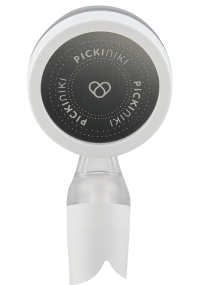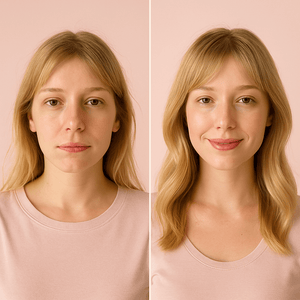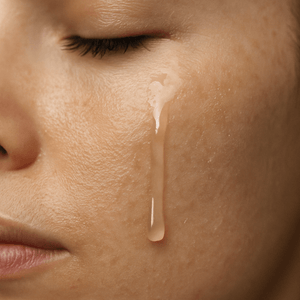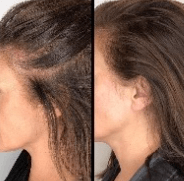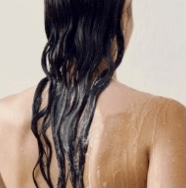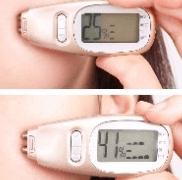Tap water is treated first and foremost to make it microbiologically safe to drink. That means chlorine or chloramine is added, and depending on where you live, the water may also carry high levels of calcium, magnesium, and trace metals from old pipes. While all of this is acceptable for public health, it isn’t designed to be gentle on the skin barrier, scalp environment, or delicate, colour-treated hair.
Every warm shower exposes your skin and hair to this cocktail daily, and over time the effects add up: dryness, frizz, itching, and fading colour tones.
This is where a filtered shower head — sometimes called a shower head filter — makes a profound difference. Instead of fighting symptoms with endless bottles, a filter targets the irritants before they reach your skin or hair.
By neutralising chlorine, catching sediment and rust, and reducing the harsh effects of hard water, a filtered shower head helps your routine products actually work the way they should. Your moisturiser hydrates more effectively, your conditioner rinses clean without buildup, and your hair retains shine and softness with less effort.
In other words, it isn’t about adding more layers to your routine. It’s about removing what undermines it in the first place. That shift — treating the water rather than treating the symptoms — is why so many people describe switching to a filtered shower head as a “game-changer” for both comfort and appearance.
Related reading: Skin Problems from Tap Water, Hair Problems from Tap Water, Every Filtered Shower Head Technology Explained (and Ranked by Science)














